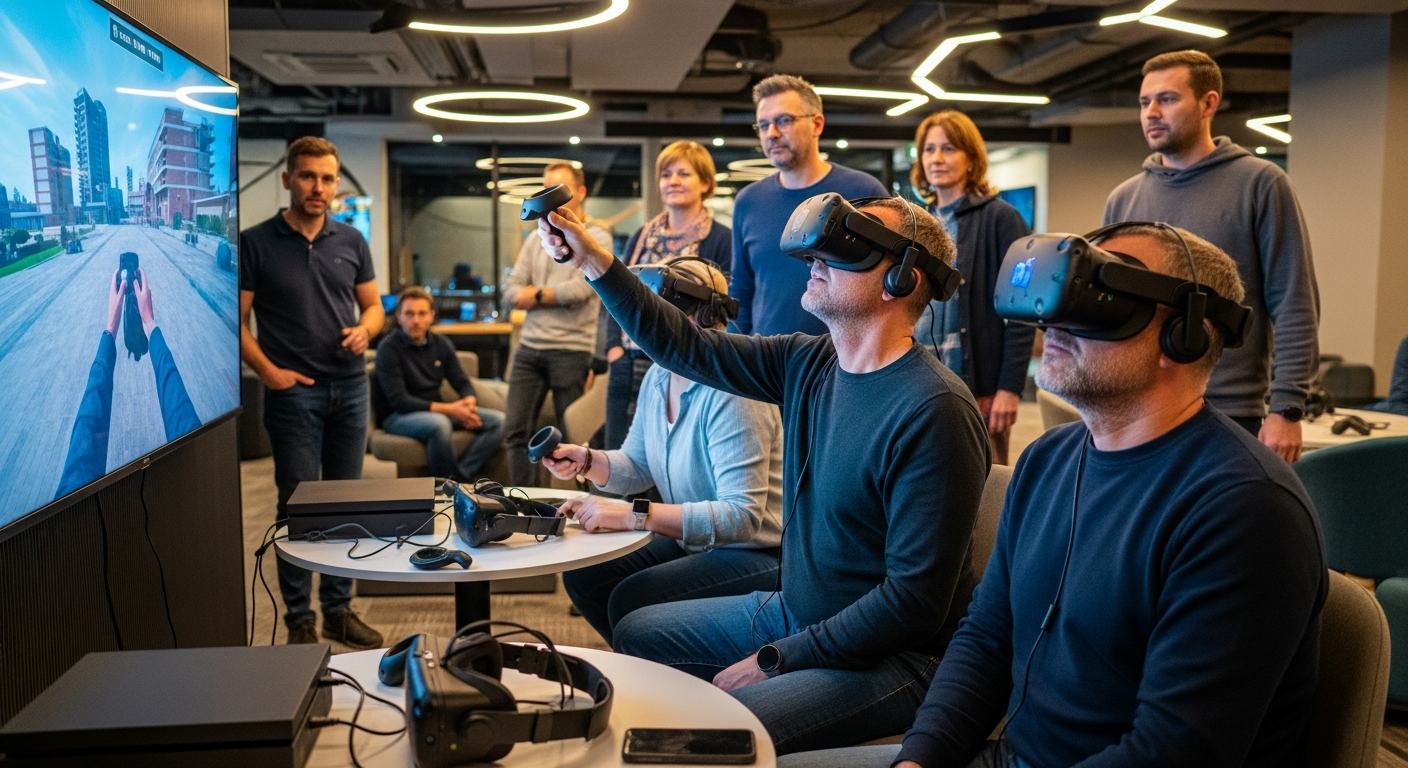Virtual Real Estate: The Next Frontier in Digital Property Ownership
The convergence of technology and real estate has given birth to a new asset class: virtual real estate. This digital frontier is reshaping how we perceive property ownership, investment, and development. As the metaverse expands and blockchain technology matures, virtual real estate is emerging as a lucrative opportunity for forward-thinking investors and a playground for innovative developers. But what exactly is virtual real estate, and how is it transforming the traditional property market?

The Rise of Metaverse Platforms
The concept of virtual real estate has gained significant traction with the rise of metaverse platforms. These digital worlds, such as Decentraland, The Sandbox, and Somnium Space, provide users with immersive experiences where they can interact, socialize, and conduct business. Within these platforms, users can purchase, develop, and monetize virtual land parcels, creating a new ecosystem of digital property ownership.
Blockchain Technology and Virtual Property Rights
At the heart of virtual real estate lies blockchain technology. Blockchain provides a secure, transparent, and decentralized way to record ownership and facilitate transactions of digital assets. Through non-fungible tokens (NFTs), virtual properties can be uniquely identified, bought, sold, and transferred, mirroring the ownership rights of physical real estate in the digital realm.
Investment Potential and Market Growth
The virtual real estate market has experienced exponential growth in recent years. Major brands and celebrities have invested millions in digital land, driving up prices and attracting mainstream attention. For investors, virtual real estate offers several potential benefits, including portfolio diversification, high liquidity, and the possibility of significant returns as the metaverse economy expands.
Developing and Monetizing Virtual Properties
Owning virtual land is just the beginning. Developers and entrepreneurs are finding innovative ways to monetize these digital spaces. Virtual properties can be developed into virtual stores, art galleries, event spaces, or advertising platforms. Some virtual landowners are generating income through rental agreements, hosting events, or creating interactive experiences within their digital properties.
Challenges and Considerations
While the potential of virtual real estate is exciting, it’s not without challenges. The market is highly speculative and volatile, with property values subject to rapid fluctuations based on platform popularity and overall metaverse adoption. Additionally, the regulatory landscape for digital assets remains uncertain, potentially impacting the long-term viability of virtual real estate investments.
The Impact on Traditional Real Estate
The rise of virtual real estate is beginning to influence the traditional property market. Some real estate professionals are expanding their services to include virtual property transactions, while others are exploring ways to create digital twins of physical properties. This blending of physical and digital real estate could lead to new hybrid models of property ownership and development.
Future Prospects and Innovations
As technology continues to advance, the possibilities for virtual real estate are boundless. We may see the development of more sophisticated virtual environments, improved haptic feedback for more immersive experiences, and even the integration of artificial intelligence to create dynamic, evolving digital spaces. The future of virtual real estate could redefine our concept of property ownership and reshape the global real estate market.
Conclusion
Virtual real estate represents a paradigm shift in how we think about property ownership and investment. As the metaverse continues to evolve and gain mainstream adoption, the opportunities in this digital frontier are likely to expand. While it’s still early days for this emerging asset class, virtual real estate has the potential to become a significant part of the future real estate landscape. For investors, developers, and real estate professionals, understanding and engaging with this new digital realm may be crucial for staying ahead in an increasingly digitized world.






